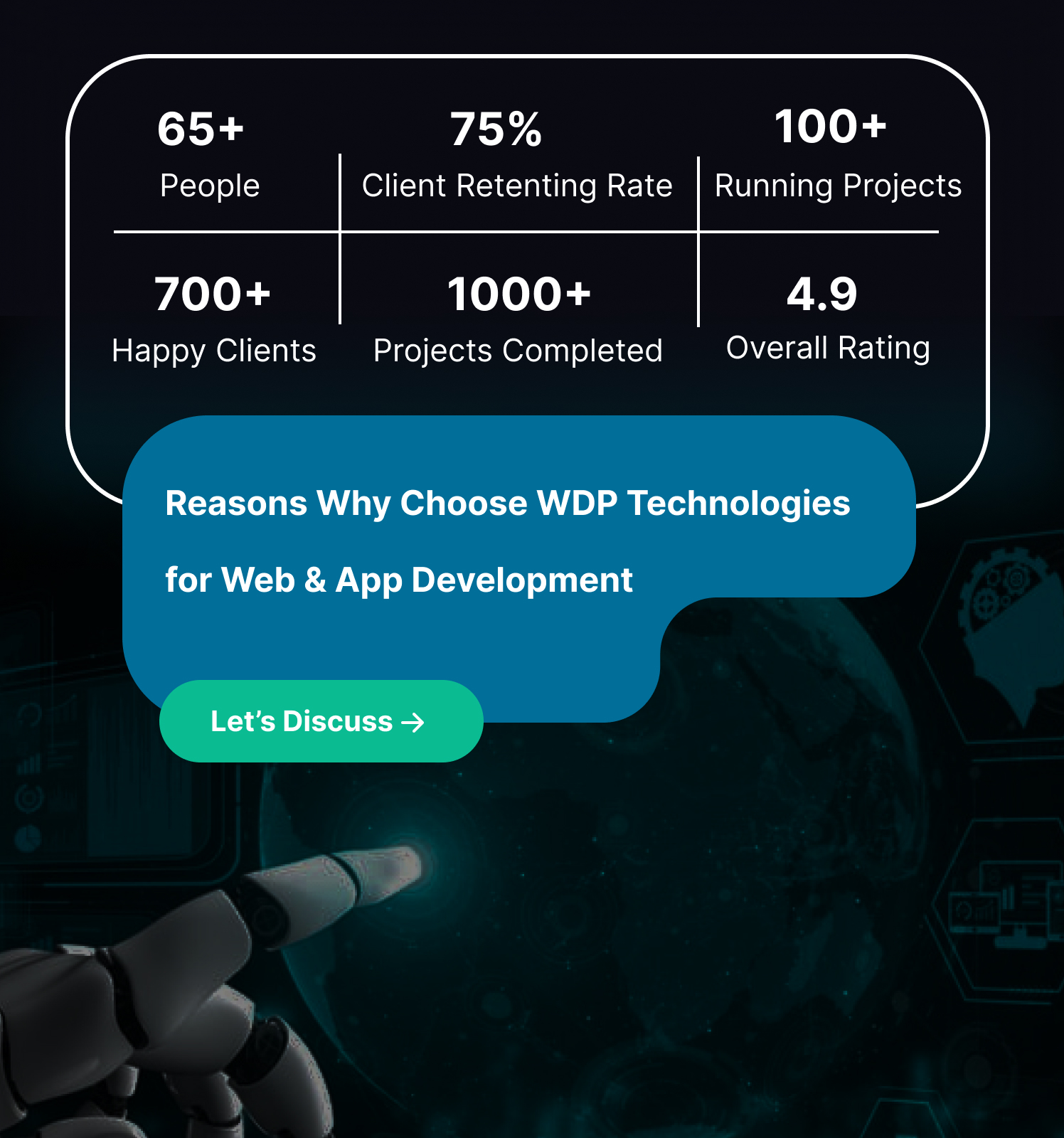The cost of developing a social media platform can vary widely depending on the complexity and scale of the platform, as well as the resources and expertise required to build it. Some factors that can influence social media app development cost are:
- The number and complexity of features and functionality that are required
- The need for custom design or branding
- The need for integrations with other systems or platforms
- The need for mobile app development
- The need for scalability and high availability
- The use of third-party tools or services
Features to Include in Your Social Media App
There are many features that you could include in a social media app, and the specific features you choose will depend on the goals of your app and the needs of your target audience. Here are a few examples of features that are commonly found in social media apps:
- Profiles: Users should be able to create and customize their own profiles, including information such as their name, location, and profile picture.
- News feed: This is the main feature of most social media apps, and it should allow users to see updates from their friends and other users they follow.
- Messaging: Many social media apps include a messaging feature that allows users to communicate privately with one another.
- Groups: This feature allows users to join or create groups centered around a particular topic or interest.
- Events: This feature allows users to create and promote events, and invite other users to attend.
- Notifications: This feature alerts users to activity on the app, such as new updates from friends or groups they belong to.
- Search: This feature allows users to search for other users or groups within the app.
- Settings: This feature allows users to customize their privacy settings and control who can see their content.
How to Create a Social Media Platform?
Here are the general steps you can follow to create a social media platform:
- Define your target audience: Identify who you want to reach with your social media platform. This will help you tailor the features and content of your platform to meet the needs of your audience.
- Determine the purpose of your platform: Why do you want to create a social media platform? Is it for connecting with friends and family, sharing content, or building a community around a particular topic or interest?
- Choose a platform: There are several options for building a social media platform, including building a custom platform from scratch, using a white-label solution, or building on top of an existing platform like WordPress.
- Plan your features: Determine the core features you want to include on your platform, such as profiles, news feeds, messaging, and groups.
- Design your platform: Create wireframes and mockups for your platform to help you visualize how it will look and function.
- Build your platform: Use a software development kit (SDK) or hire a developer to build your platform.
- Test your platform: Before launching your platform, make sure to test it thoroughly to ensure it is functioning as intended.
- Launch your platform: Once you have tested your platform and made any necessary fixes, you can launch it for your target audience.
- Promote your platform: Use marketing and outreach strategies to attract users to your platform and encourage them to sign up and start using it.
- Engage with your community: Once you have users on your platform, it’s important to engage with them and encourage them to use the platform regularly. This could involve responding to comments and messages, moderating content, and finding ways to keep users coming back.
How to Succeed in the Crowded Social Media App Space?
Here are a few tips that could help your social media app succeed in a crowded market:
- Identify a specific niche or target audience: Rather than trying to appeal to everyone, focus on a specific group of users and build your app with their needs and interests in mind.
- Offer unique or differentiated features: Look for ways to stand out from the competition by offering features that are not available on other social media apps.
- Build a strong brand: Use branding to establish a clear identity and position for your app in the market. This can include things like a memorable name, logo, and visual style.
- Foster a sense of community: Encourage users to engage with one another and create a positive, welcoming atmosphere on your platform.
- Invest in marketing and outreach: Use a variety of marketing channels to promote your app and attract new users. This could include things like social media advertising, influencer marketing, and partnerships with other brands.
- Focus on user experience: Make sure your app is easy to use and provides a seamless, enjoyable experience for your users.
- Stay up to date: Keep an eye on industry trends and be open to adapting and updating your app to meet the changing needs of your users.
- Offer excellent customer service: Respond to user feedback and support inquiries in a timely and helpful manner to build trust and loyalty among your users.
Type of Social Media Platform
There are many different types of social media apps, each with their own unique features and functions. Here are a few examples:
1. Networking app
A networking app is a type of social media app that allows users to connect with one another and build relationships, either for personal or professional purposes. Some examples of networking apps include LinkedIn, which is geared towards professional networking, and Meetup, which allows users to connect with others in their area who share similar interests.
Networking apps typically include features such as profiles, news feeds, messaging, and groups, which allow users to share updates, photos, and other content with their connections. Many networking apps also include search functionality, which allows users to find other users or groups based on specific criteria such as location or industry.
Networking apps can be useful for building and maintaining relationships, finding new job opportunities, and staying connected with others in your field or industry.
2. Social app for dating
A dating app is a type of social media app that allows users to connect with potential romantic partners in their area. These apps typically use a swiping mechanism, where users can browse through profiles and “swipe right” on people they are interested in, or “swipe left” on those they are not interested in. If two users both swipe right on each other, it is considered a match, and they can then message each other within the app.
Some popular dating apps include Tinder, Bumble, Hinge, and OkCupid. These apps typically include features such as profiles, messaging, and search functionality, which allow users to learn more about potential matches and initiate contact with those they are interested in.
Dating apps can be a useful way for people to meet potential partners in their area, but it’s important to be safe and cautious when using them. It’s a good idea to meet in a public place for the first time and to trust your instincts if something doesn’t feel right.
3. Team communication app
A team communication app is a type of software that allows teams to collaborate and communicate with one another in real-time. These apps can be used to facilitate various types of communication, including messaging, voice and video calls, file sharing, and project management.
Team communication apps are often used in place of or in addition to email and other more traditional forms of communication. They can help teams stay connected and productive, even when team members are not physically in the same location.
Some popular team communication apps include Slack, Microsoft Teams, and Zoom. These apps typically include features such as customizable chat channels, direct messaging, voice and video calls, and integrations with other productivity tools.
Team communication apps can be a useful tool for improving team collaboration and communication, but it’s important to establish clear guidelines for their use to ensure that they don’t distract from other work.
4. Photo editing & sharing network
A photo editing and sharing network is a type of social media app that allows users to share and discover photos and images, as well as edit and enhance them. These apps typically include a range of tools and filters that users can use to adjust the appearance of their photos, as well as features such as cropping, rotating, and resizing.
Photo editing and sharing networks can be a great way for people to showcase their photography skills and connect with others who have similar interests. Some popular examples of these types of apps include Instagram and Pinterest.
In addition to sharing and editing photos, many photo editing and sharing networks also include features such as profiles, news feeds, and messaging, which allow users to connect with one another and share updates and other content. Some of these apps also include community features such as groups or forums, where users can discuss specific topics or interests.
5. Brodcasting app
A broadcasting app is a type of social media app that allows users to create and share live or pre-recorded video content with a wide audience. These apps typically include features such as real-time chat, allowing viewers to interact with the broadcaster and one another in real-time.
Broadcasting apps can be used for a variety of purposes, including entertainment, education, and news. Some popular examples of broadcasting apps include Twitch, which is geared towards gaming and live streams, and Periscope, which allows users to share live video from their smartphone.
In addition to live streaming, many broadcasting apps also allow users to upload pre-recorded videos and create on-demand content that can be watched at any time. Some of these apps also include features such as profiles, news feeds, and messaging, which allow users to connect with one another and share updates and other content.
6. Blogging & discussion forums
Blogging and discussion forums are types of social media platforms that allow users to create and share written content, as well as engage in discussions with one another around specific topics or interests.
Blogging platforms, such as WordPress and Tumblr, allow users to create and publish blog posts, as well as customize the design and layout of their blog. These platforms typically include features such as comments, which allow readers to respond to and engage with the blogger’s content.
Discussion forums, such as Reddit and Quora, are platforms that allow users to ask and answer questions, as well as engage in discussions with one another around specific topics or interests. These forums typically include features such as upvoting and downvoting, which allow users to signal their approval or disapproval of specific posts, as well as moderation tools that allow the community to self-govern and maintain a respectful and constructive environment.
Both blogging and discussion forums can be a great way for people to share their thoughts and ideas, as well as connect with others who have similar interests.
Cost To Develop a Social Media Platform
The social media app development cost can vary widely depending on a number of factors, such as the complexity of the app, the number of features it includes, and the number of platforms it is being developed for (e.g., iOS, Android, web). In general, you can expect to pay anywhere from $12,000 to $70,000 or more to develop a social media app. This is a very broad range, and the actual cost will depend on the specifics of your project. To get a more accurate estimate, it would be best to discuss your project with a mobile app development company. They can provide you with a detailed proposal that outlines the costs involved in building your app.
Conclusion
In general, it is difficult to provide a precise estimate for the cost of developing a social media platform without more information about the specific requirements and constraints of the project. Some estimates for the cost of custom social media app development cost from $12,000 to $70,000 or more, depending on the factors listed above. It is generally a good idea to work with a development team or agency to establish a detailed project plan and budget for social media app solution.













